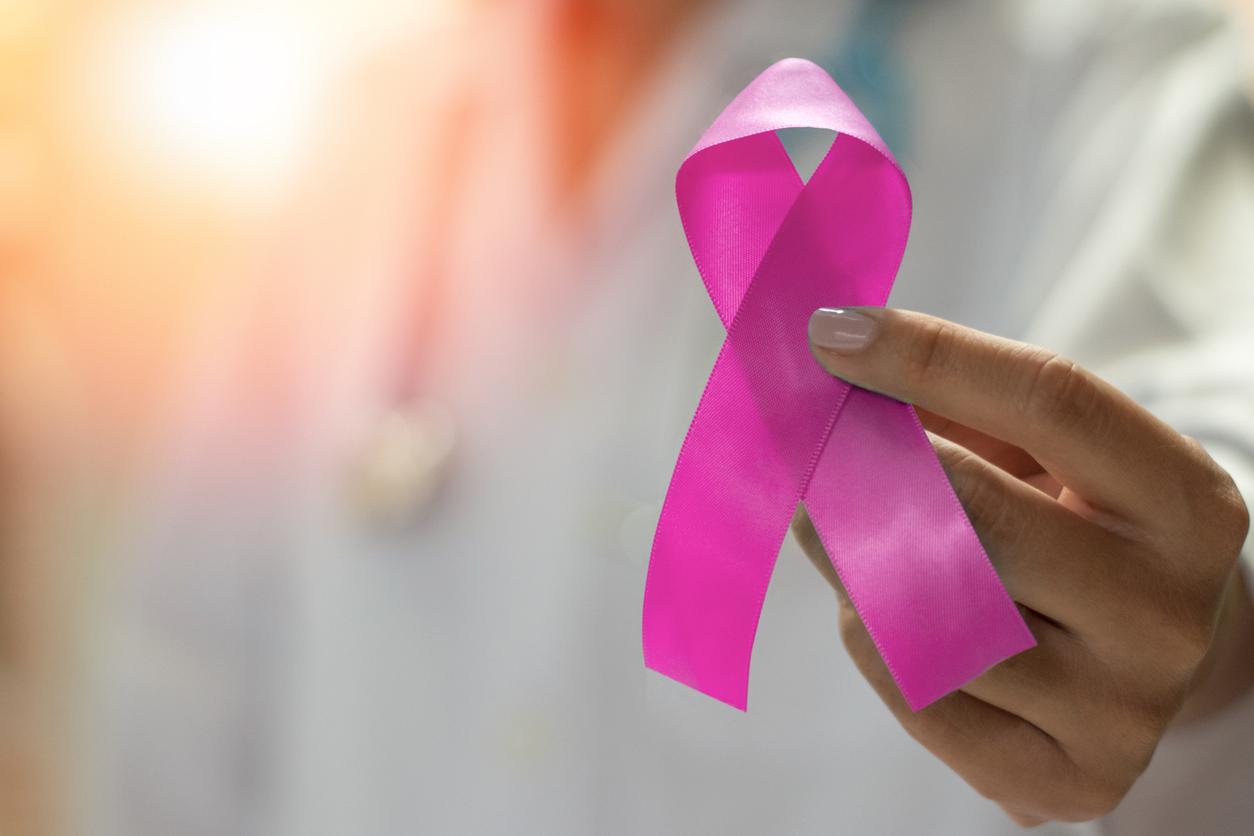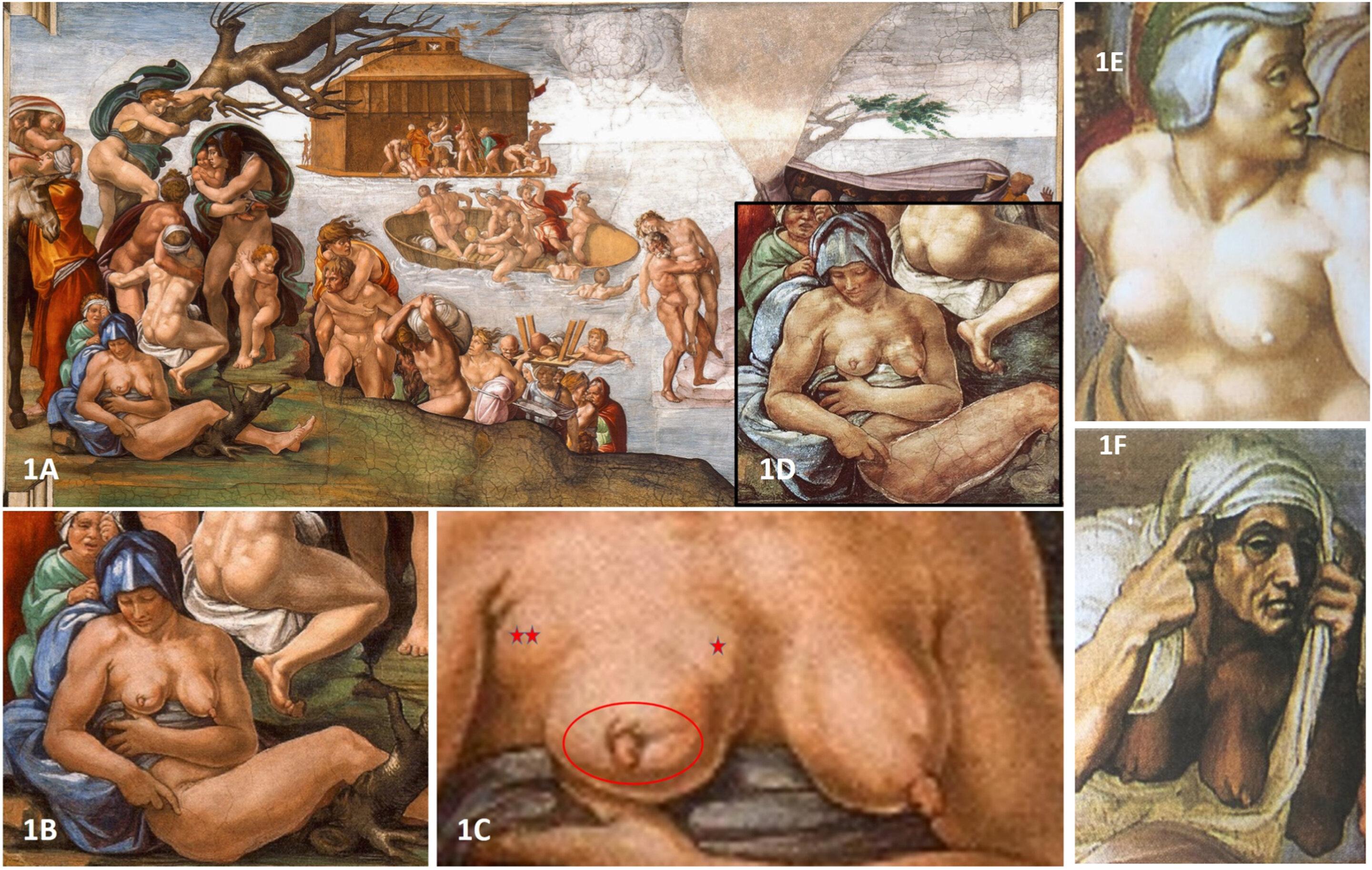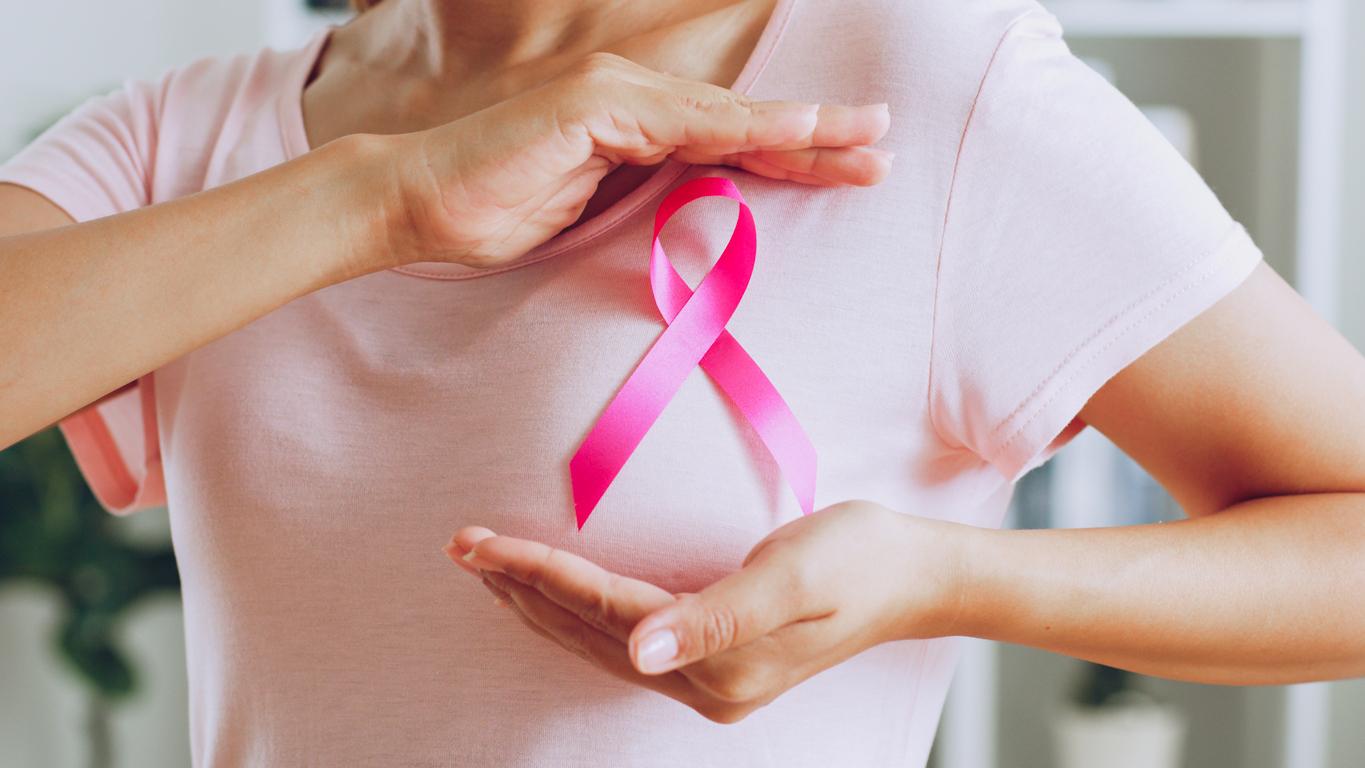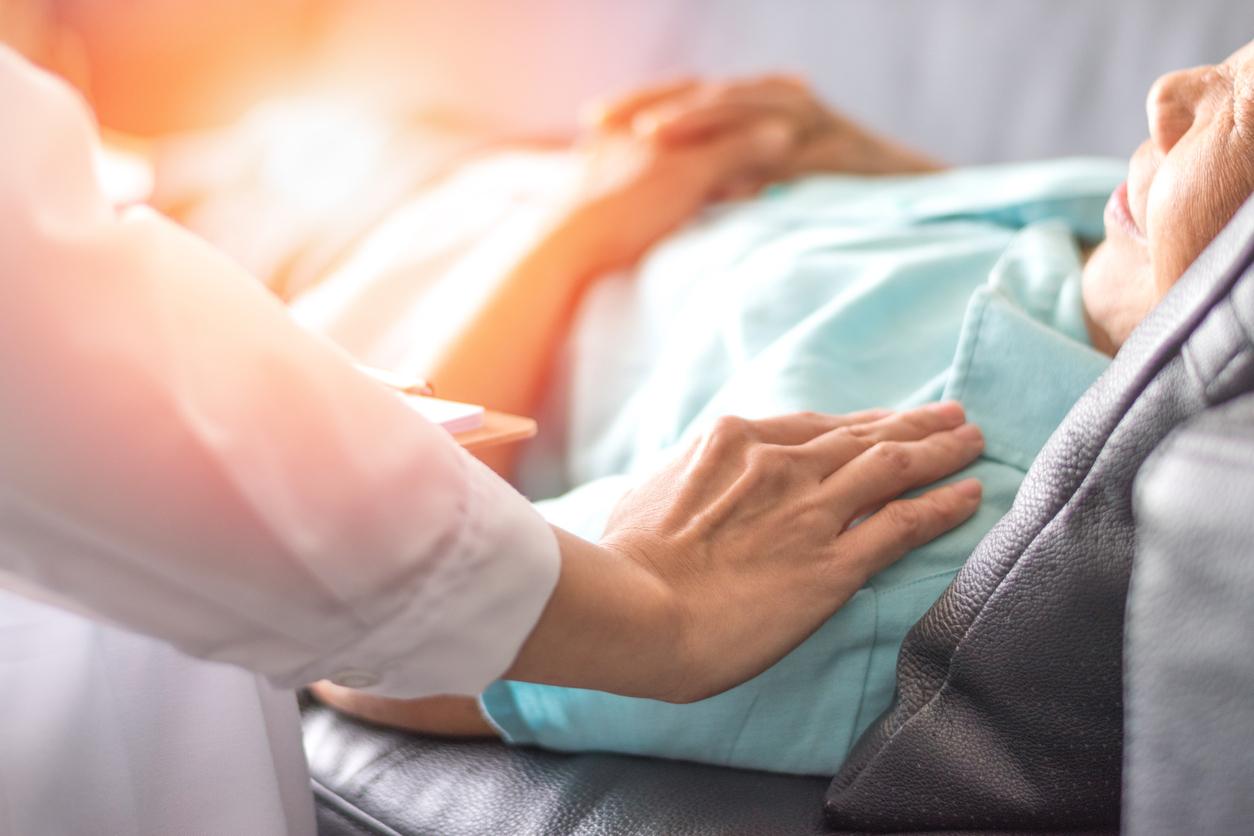Talking about death, continuing treatment, the end of life is not synonymous with being silent and stopping everything. On the contrary, doctors still have a role to play to provide better relief.
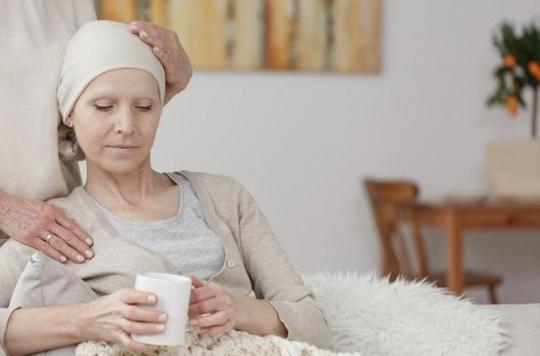
” The doctor must understand the fears of terminally ill patients and adapt the care ”, eexplains Jean-Loup Mouysset, oncologist. ” For example, if the patient’s greatest fear is to die, stopping treatment could be devastating: it would be interpreted as abandonment in the face of the disease. To take them to the end is to fight, to stay alive “. Especially since treatments such as chemotherapy reduce symptoms related to the disease and reduce pain. But ideally, these treatments should be provided by specialists, whether in hospital or at home.
However, terminally ill patients have right to this palliative care. They allow them to benefit from physical, psychological and spiritual support in a specialized establishment or at home. You must make the request to your doctor or the nursing team at the hospital. Patients can also call on these teams to benefit from psychological support, relaxation sessions, massages, etc. ” Rather than palliative care, I prefer to talk about comfort care. Concretely, these are sessions of physiotherapy, stress management, sophrology… They do not aim to fight against the disease, but to improve the well-being of the patient ”, specifies Jean-Loup Mouysset.
The most important thing is to listen
“Talking about death does not make you die, underlines Catherine Adler-Tal, onco-psychologist and onco-sexologist. The most important thing is to listen to a person at the end of their life, to allow them to deliver their fears and their questions. Above all, highlight the things she wants to accomplish before leaving so that she has no regrets ”. As for the caregivers, they can also benefit from psychological help, provided by the patient’s care team. This support can continue after the death of the loved one. Associations – likeassociation of visitors of patients in hospitals Where JALMAV (until death accompany life) – can provide relief to patient and caregivers.
Prepare for this period from an administrative point of view
“For many, being able to put certain things in order (administrative, material, emotional, etc.) is very important, underlines Catherine Adler-Tal. It is not only a way of preparing those close to them but also and above all, once things have been settled, to focus on the essentials, namely oneself and those around him ”. For example, the patient can write an advance directive: wish list and preferences if the question of stopping care or limiting treatment arises. Doctors will refer to it if necessary, in the event that the patient is no longer able to express her wishes. This directive, indisputable by relatives, will prevent them from having to decide. Some patients also choose to appoint someone they trust. You just have to write your name on a piece of paper, signed and dated. In the event that the patient is unable to express her wishes and receive the information, the trusted person will be consulted. At any time, a woman with advanced breast cancer can nominate someone else.
Leave for relatives
To support the patient in this ordeal, her relatives can take a vacation. This is partial or total, for a maximum duration of three months, renewable once. The request must be made fifteen days before the start of the leave, to the employer. If the patient is at home or in a nursing home, the loved one may perceive daily allowance to support people at the end of their life 55.15 euros or 27.58 euros per day in the event of partial leave.
Women with breast cancer have no obligation to inform their families about the existence or progress of the disease. They are the only ones to have access to their medical file.
.









